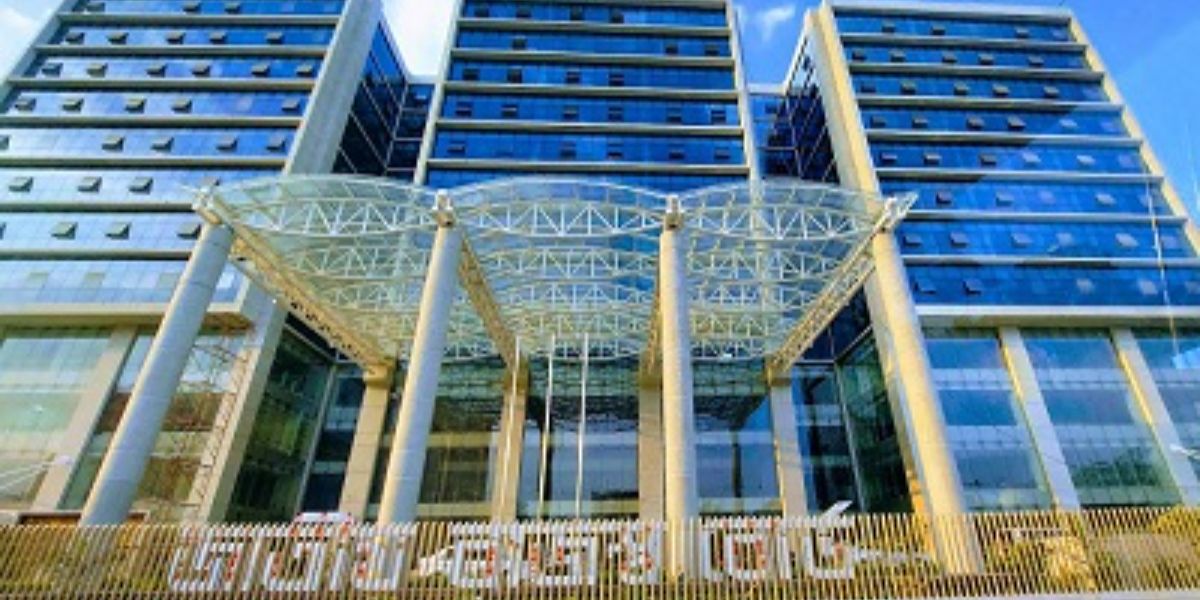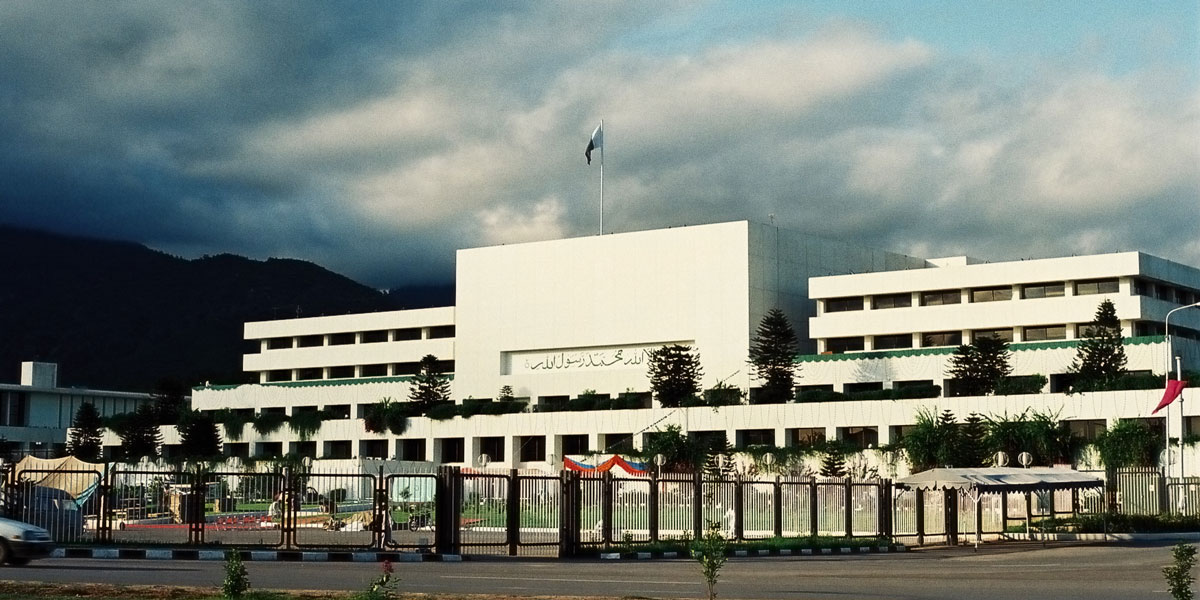The National Board of Revenue (NBR) in Bangladesh is planning to phase out its non-refundable minimum tax system according to local sources, a move aimed at aligning with global tax standards and encouraging investor confidence.
The NBR plans to reform existing laws, including the Customs Act, Value Added Tax and Supplementary Duty Act, and Income Tax Act, to meet global standards.
Local and international businesses in the past have expressed concerns about the tax collection system, particularly the non-refundable minimum tax, which is problematic when companies incur losses.
Senior NBR officials acknowledged distortions in the current tax collection system and the need for legislative amendments. They recognised that the revenue management system lacks complete automation, contributing to taxpayer harassment.
Md Farid Uddin, a former NBR member and part of the five-member revenue reform committee, told The Business Standard, “Senior officials at the NBR agree that distortions exist in the current tax collection system, particularly regarding minimum tax as a final settlement, and that these should be removed through legislative amendments.”
He stated that NBR officials have expressed their support for reforms that would enhance revenue collection and minimise irregularities.
“The senior NBR officials acknowledge that the current revenue management system is neither fully manual nor automated. If complete automation were implemented, taxpayer harassment would be significantly reduced, and revenue would increase,” he added, noting that the revenue officials were eager to support the reform.
There are concerns that immediately removing the minimum tax system could negatively impact revenue, as it currently constitutes a significant portion of tax collection.
The interim government, under the leadership of Professor Muhammad Yunus, established the revenue reform committee on 9 October, with former NBR chairman Muhammad Abdul Mazid at the helm.














